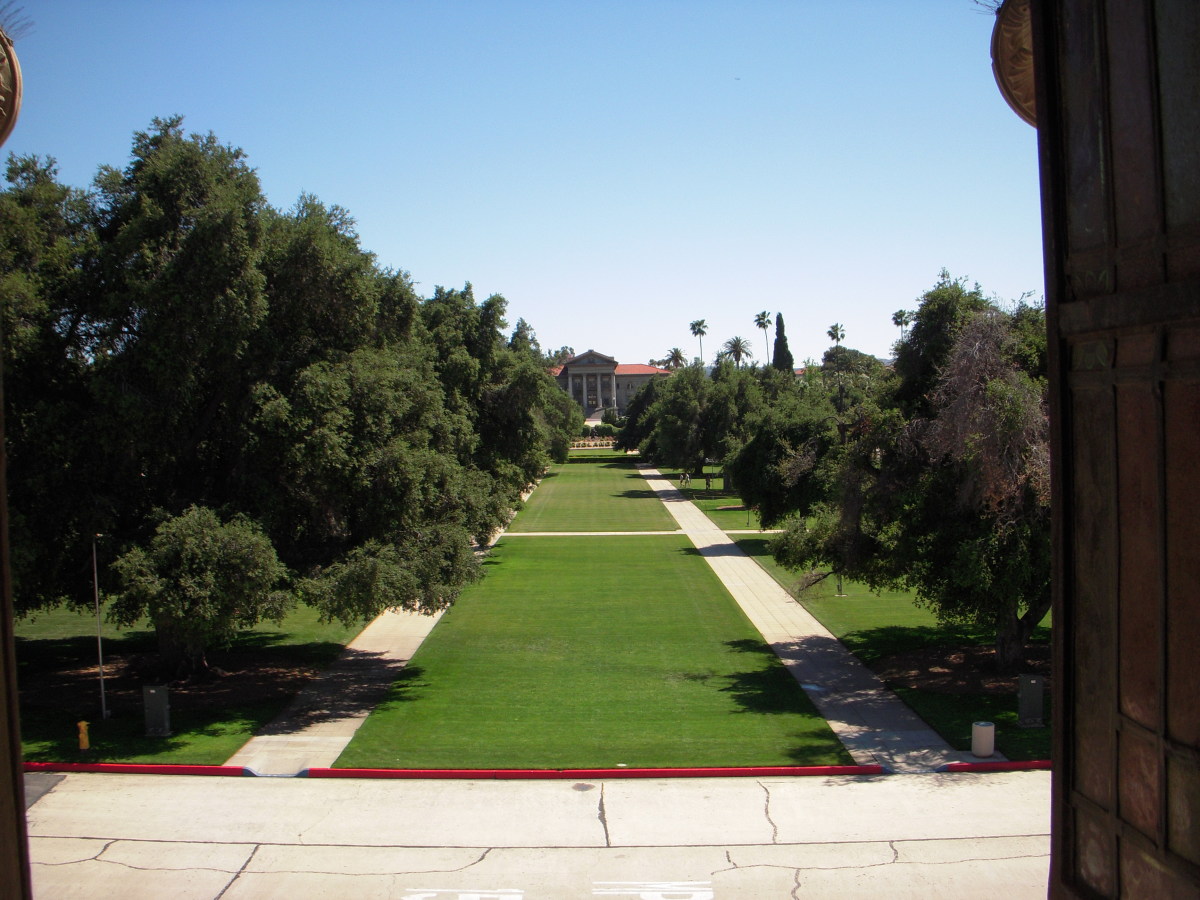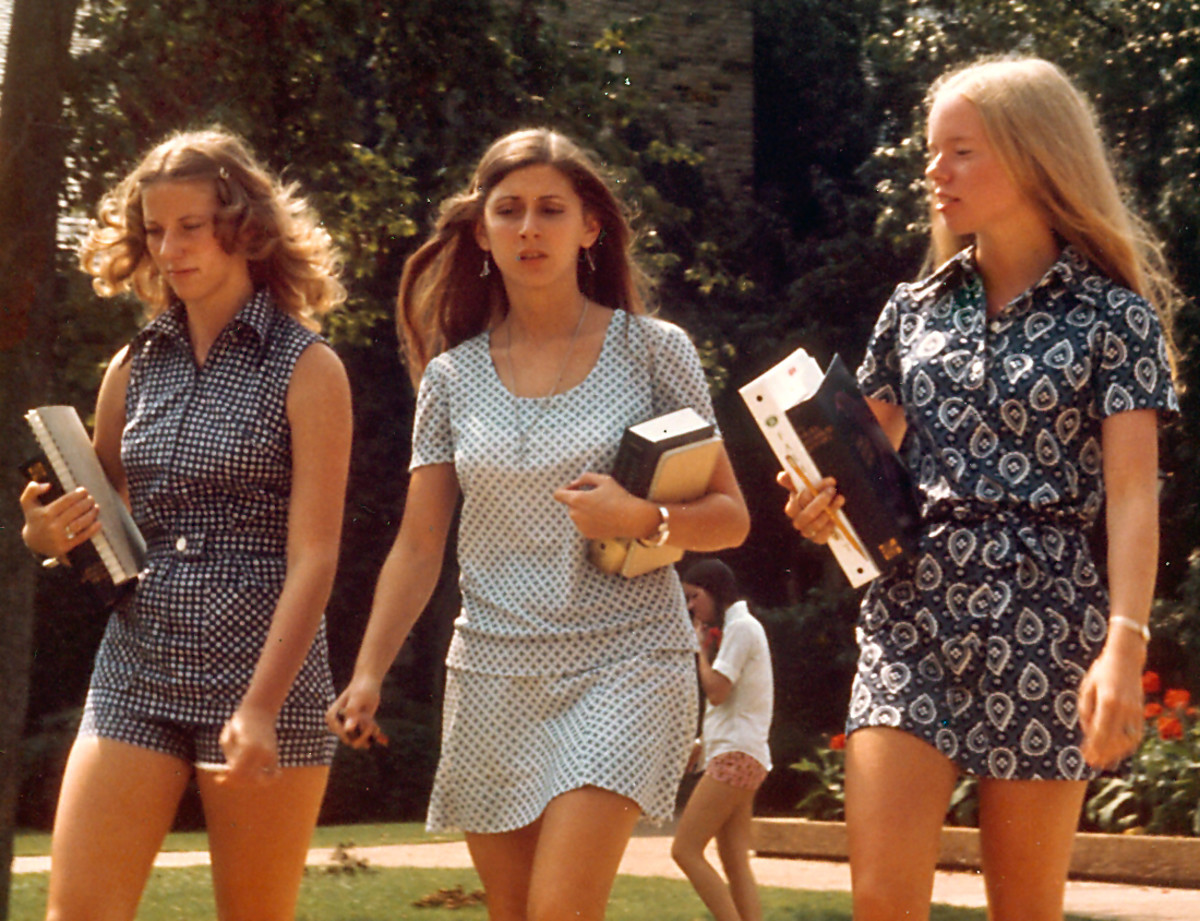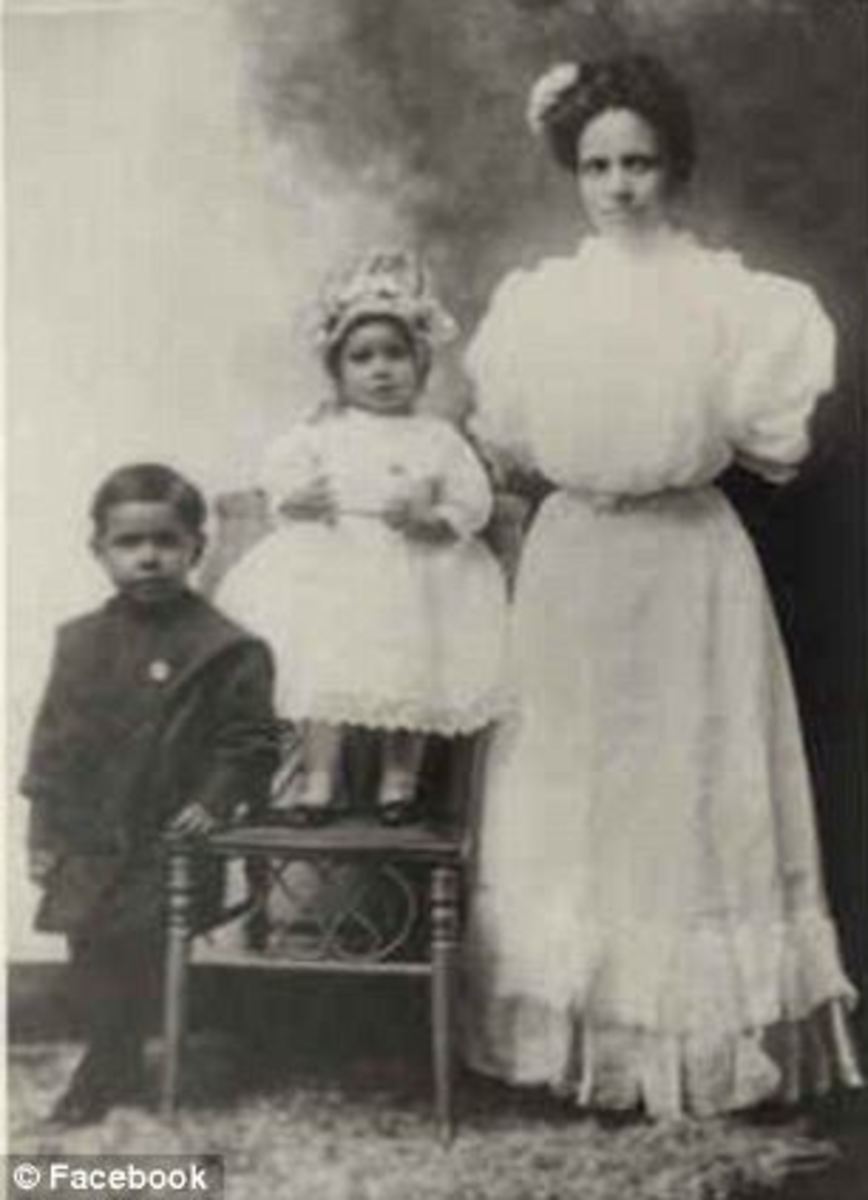My graduate experience at a traditionally White University: A personal essay
Twenty years ago, I graduated from Clark Atlanta University, which is an historically African American university. A year later, I ended up attending graduate school at Jacksonville State University, which is located in Jacksonville, Alabama. I chose Jacksonville because it is at least an hour from Atlanta. Another reason was to see what it was like to attend a traditional Caucasian institution.
Jacksonville State's focus was actually on education. However, I had enrolled in the Master of Arts Program in Political Science. Looking back, the graduate program was not like the program at Clark because many of the professors were about teaching, not scholarly research. Also, there was not really a collegial bond in that program. The department actually wanted everyone to take the oral comprehensives instead of the thesis option.
One professor that I had was not very favorable to those students coming out of historically African American Institutions because he felt that most of us came out of the historically African American institutions as semi-literate. This man had not heard of Clark Atlanta nor the Atlanta University Center. I remember him asking me: " Is this what they teach you people at Miles or Tuskegee?" Needless to say, I ended up getting two C's from him, of which I ended changing my program to Secondary Education.
In switching to Secondary Education, I was told by certain African American faculty members that I needed to tone down the racial rhetoric. However, the Director of Clinical Experiences, who was a Caucasian woman, did indicate to me that the College of Education did want African Americans in their certification and Master of Science in Education programs. To state, I did tone down the rhetoric when I was getting my certification. In fact, I administered the Black IQ test to my predominately Caucasian Adolescent Psychology class just to point out that these standardized tests are racially biased.
When I took my graduate classes in education, the Caucasian professors that I had did not look at my race. My professors did not give me my grades on the basis of Affirmative Action. When I took the Basic Skills Test to be admitted in the certification program, I passed the test, the first time I took it. A majority of the Caucasian students failed it, and accused me of being admitted because of race.
On August 1, 1996, I took my oral comprehensive examination, with the attitude that I was going to pass on the first try. My examination committee consisted of all Caucasian faculty (2 from Education, 1 from Political Science). The examination lasted twenty minutes, of which it only took them less than one minute to vote on granting me the Masters' degree.
In conclusion, I feel that I achieved my goal not through being judged by race, but being judged by the content of my character. The dean of the Graduate School saw that I was determined to get that degree. Finally, my historically African American institution did lay the groundwork for attending a Caucasian institution.








